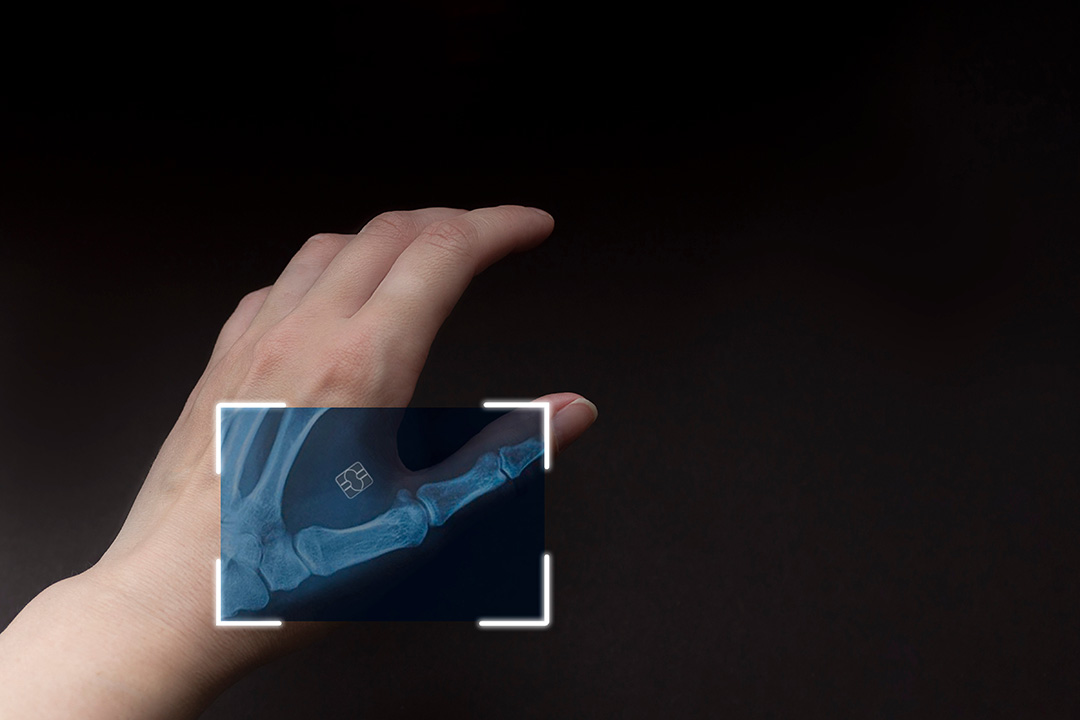As technology advances at a rapid pace, proponents of microchip implants for digital identification herald them as the ultimate solution for convenience and security. However, the implementation of microchip implants as a digital ID system raises significant concerns about privacy, autonomy, and potential abuse. This article explores the dangers associated with microchip implants and argues that they are a bad idea for society.
Invasion of Privacy
Microchip implants, when used for digital ID, essentially turn individuals into walking databases. These chips store personal information, including biometric data and other sensitive details. By integrating such extensive information into a tiny implant, individuals risk becoming vulnerable to privacy breaches and hacking attempts.
Hackers and malicious actors could exploit these microchips to gain unauthorized access to personal information, financial data, and even the ability to track individuals’ movements. As we have witnessed in the past, no system is entirely hack-proof, and the introduction of microchips into our bodies only exacerbates these concerns.
Loss of Autonomy
Adopting microchip implants for digital ID could lead to a loss of personal autonomy. The moment we accept a chip inside our bodies, we hand over control to a system or authority. Such dependence can become precarious, allowing external entities to manipulate our lives, access our data, and possibly even dictate our actions.
In cases where the digital ID is mandated by governments or corporations, refusal to accept the implant might lead to discrimination, exclusion, or limited access to basic services. This coercion to conform infringes upon personal rights and freedom of choice, effectively transforming citizens into passive subjects of surveillance and control.
Ethical and Social Concerns
Microchip implants for digital ID raise significant ethical questions. The prospect of embedding technology inside our bodies blurs the line between humans and machines, potentially reducing individuals to mere data points. This human-machine integration poses a fundamental challenge to our understanding of what it means to be human and how we relate to technology.
Moreover, the adoption of microchip implants may exacerbate existing societal inequalities. Low-income individuals might face barriers to access or be disproportionately affected by a system that favors those who can afford the technology. This could deepen the digital divide, further marginalizing the most vulnerable members of society.
Security Risks and Control
Relying solely on microchip implants for digital ID concentrates power and control in the hands of a select few. Governments or corporations could exploit this control to manipulate public opinion, restrict movement, or even implement social engineering techniques. The potential for mass surveillance raises grave concerns about the erosion of civil liberties and individual rights.
Furthermore, this centralized approach to identity verification presents a single point of failure. If the system experiences a massive breach or a malfunction, it could cause widespread chaos and disruption. Relying on such a fragile system for something as crucial as personal identity is an unnecessary risk that our society should not be willing to take.
Conclusion
While the concept of microchip implants for digital ID may seem innovative and convenient at first glance, the associated risks far outweigh any potential benefits. The invasion of privacy, loss of autonomy, ethical concerns, and security risks make microchip implants a bad idea for society as a whole. Instead, we should focus on developing alternative solutions that protect privacy, uphold individual autonomy, and bridge the digital divide without compromising our core values and freedoms.

Leave a Reply